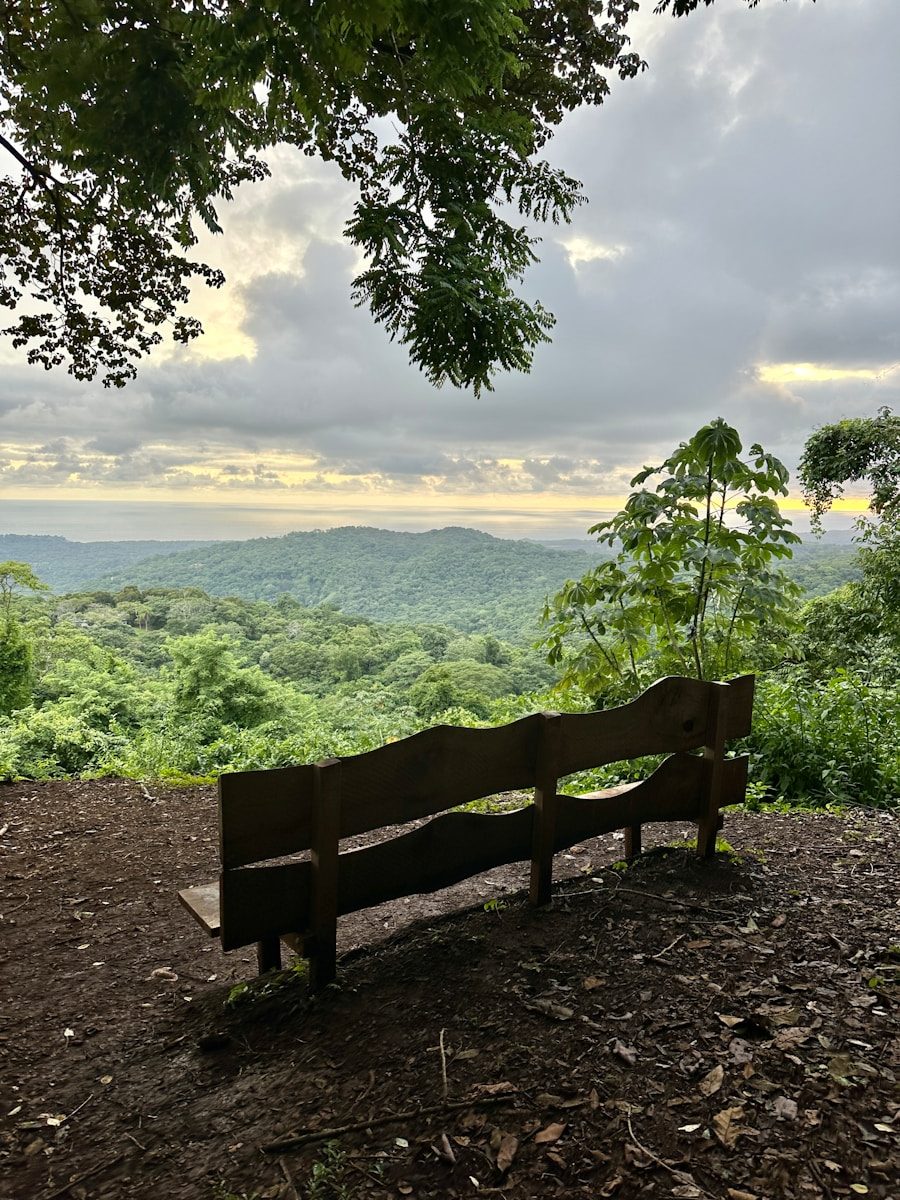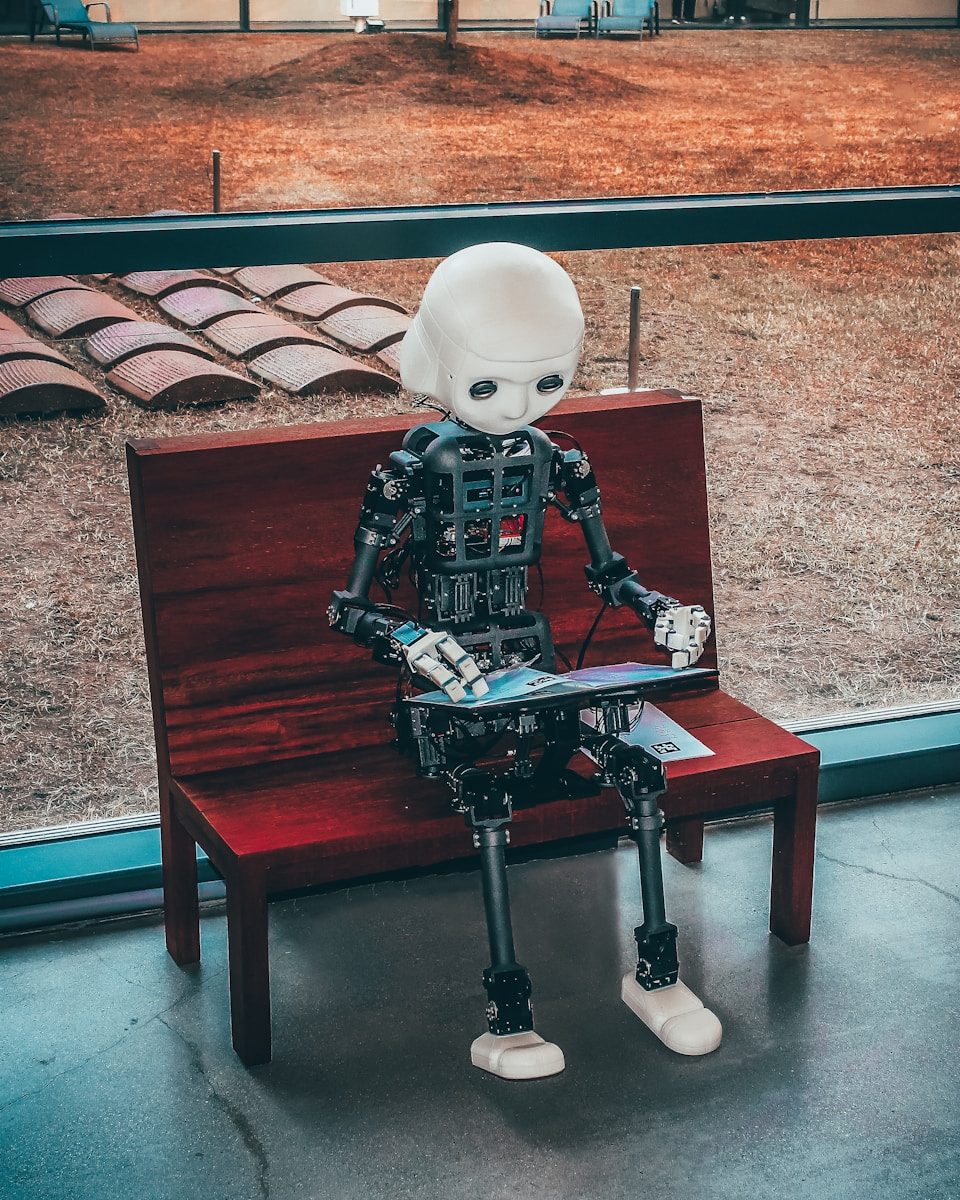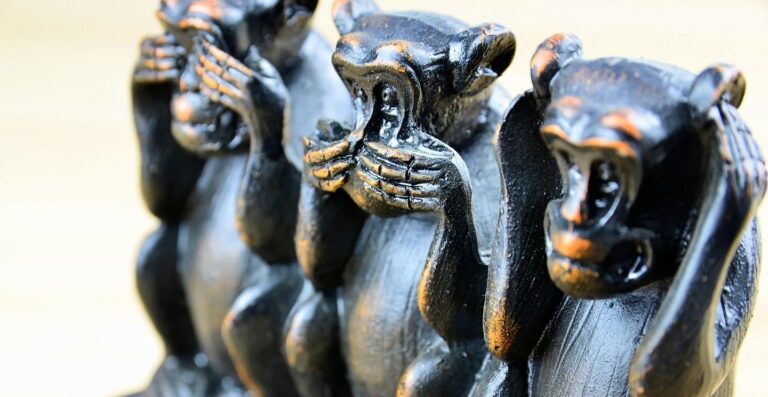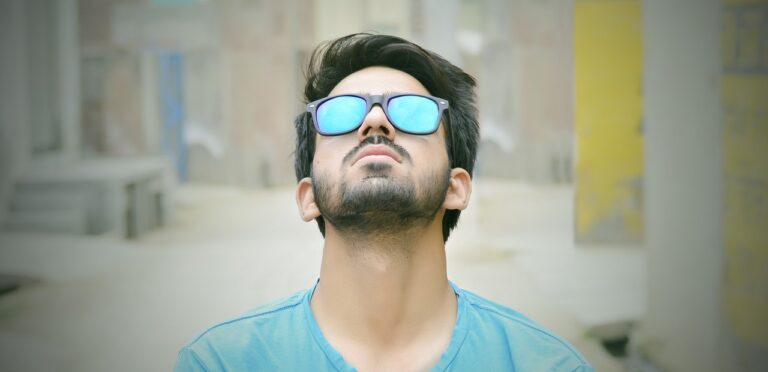The Subject of Adapting
By Ryan Castle
It is a natural human inclination to seek out that which is beautiful, enriching, and invigorating. Whether it is the serenity of a quiet forest, the vibrant energy of a bustling city, or the deep sense of community found in a close-knit village, we are drawn to places and experiences that promise fulfillment and joy. However, what happens when our desire to make these qualities fit into our lifestyle leads to their very fading? In our quest to adapt the world to our needs and desires, we risk altering or even destroying the very things we should be adapting ourselves to.
The story of Costa Rica’s Blue Zone is a poignant example of this delicate balance between adaptation and deterioration. Renowned for its breathtaking natural beauty, vibrant culture, and unique way of life, Costa Rica has long been a beacon of health and longevity. The Nicoya Peninsula, in particular, has been celebrated as one of the world’s Blue Zones—a place where people live significantly longer and healthier lives.[i] In these regions, individuals had often reached ages far beyond the global average, with many living well into their 90s and past 100. The factors contributing to this phenomenon are complex and multifaceted, involving fresh, unprocessed foods, strong community bonds, regular physical activity, and a slower, purpose-driven approach to life that prioritizes meaning over productivity.[ii]
However, the very qualities that made Costa Rica’s Blue Zone so attractive have also contributed to its decline. Drawn by the promise of health and longevity, thousands of tourists have flocked to these communities in search of the secret to a longer, better life. Yet, in their eagerness to experience and possess this way of life, they have inadvertently altered the very environment that made it possible. Unaccustomed to the slow pace of walking, tourists began to rely on cars, taxis, and buses, filling the small roads with traffic, noise, and pollution. Unfamiliar with the local cuisine, they sought out familiar, fast food options, leading to the proliferation of restaurants that cater to these demands. Unable to speak the language or fully integrate into the local culture, many tourists formed enclaves, creating divisions within the community. Perhaps most tragically, the demand for services and conveniences disrupted the traditional, unhurried way of life, imposing a stressful, transactional dynamic on a community that once thrived on close, personal relationships.[iii]
What ensued is nothing short of a tragedy. A place once known for its quiet beauty, relaxed lifestyle, and non-materialistic values has been transformed by those seeking these very qualities into a space plagued by the same stress, pollution, and commercialism they sought to escape. The factors that once defined the Blue Zone have eroded, and with them, so too have the benefits. The new generations growing up in these communities are now expected to live lives no longer or better than the global average.[iv] A rare and precious way of life has been lost, with repercussions that will be felt for generations to come.
The destruction of Costa Rica’s Blue Zone is a cautionary tale, but it is not a story of villains. The tourists who contributed to this decline were not malicious or ill-intentioned; they were drawn to Costa Rica because they loved what the community had created. The problem lies in their approach to adaptation. In much of the Western mindset, the world is something to be shaped, molded, and controlled to fit our needs. If something is inconvenient, we seek to change it, to break it down and rebuild it into something “better.” This mindset is not inherently wrong—when faced with diseases, we use science to adapt our immune systems and environments to improve our health. When the climate is harsh, we build shelters to protect ourselves. When faced with social inequality, we create educational systems to uplift people. Adaptation is a powerful tool for survival and improvement.
However, the problem arises when we believe that adaptation should only work one way. There are times when we should adapt our environment, but there are also times when we should adapt to our environment. As any biologist will tell you, evolution does not occur through comfort. Similarly, adapting ourselves to a new way of living is often difficult and uncomfortable at first, but it can lead to growth, resilience, and a deeper sense of well-being. Complacency and comfort are not synonymous with health and vitality.
Costa Rica’s Blue Zone thrived not because of some magical property of the land, but because of the way the people there had adapted to their environment. When tourists tried to mold that community to fit their own expectations and conveniences, they succeeded in transforming it into a place that mirrored the very stress and unhealthiness they were trying to escape.[v] Had they been willing to experience discomfort, to embrace a way of life starkly different from their own, they might have discovered the true benefits of the Blue Zone effect—benefits that could have enriched their lives long after they left.
The lessons from Costa Rica are not limited to that specific Blue Zone. They apply to all Blue Zones, as well as to burgeoning communities like Mallorca that are striving to create similar environments. These places and their people offer us invaluable lessons—not quick fixes or magical solutions, but insights into a way of life that prioritizes well-being over convenience. To benefit from these lessons, we must be willing to let go of our preconceived notions of how things should be and, more importantly, be open to changing how we live.
Reducing our reliance on cars will be exhausting and inconvenient. Prioritizing local, fresh food will be expensive and challenging to arrange, at least initially. Shifting our views on purpose versus productivity will require abandoning the fantasy that every one of us can be a billionaire. None of these changes will be easy or universally popular, but all of them are possible. The key lies in recognizing when the challenges we face are not signs that something is wrong, but indicators that we need to adapt ourselves rather than the world.
When we encounter difficulties in life, we must learn to distinguish between those that genuinely worsen our well-being and those that simply make our lives different. If a challenge truly diminishes our quality of life, it may be worth adapting the environment to better suit our needs. However, if the challenge merely pushes us out of our comfort zone, we should consider whether we are the ones who need to adapt. By embracing this mindset, we can avoid the mistakes of the past and create a future where Blue Zones—and the lessons they offer—can thrive for generations to come.
[i] Poulain, M., Herm, A., & Pes, G. (2013). The Blue Zones: areas of exceptional longevity around the world. Vienna yearbook of population research, 87-108.
[ii] Buettner, D. (2012). The Blue Zones: 9 Lessons for Living Longer From the People Who’ve Lived the Longest. National Geographic Books.
[iii] Irazábal, C. (2018). Coastal urban planning in the ‘Green Republic’: Tourism development and the nature–infrastructure paradox in Costa Rica. International Journal of Urban and Regional Research, 42(5), 882-913.
[iv] Madrigal-Leer, F., Martìnez-Montandòn, A., Solìs-Umaña, M., Helo-Guzmàn, F., Alfaro-Salas, K., Barrientos-Calvo, I., … & Morales-Martìnez, F. (2020). Clinical, functional, mental and social profile of the Nicoya Peninsula centenarians, Costa Rica, 2017. Aging clinical and experimental research, 32, 313-321.
[v] Rosero-Bixby, L. (2023). The vanishing advantage of longevity in Nicoya, Costa Rica. Demographic Research, 49, 723-736.






